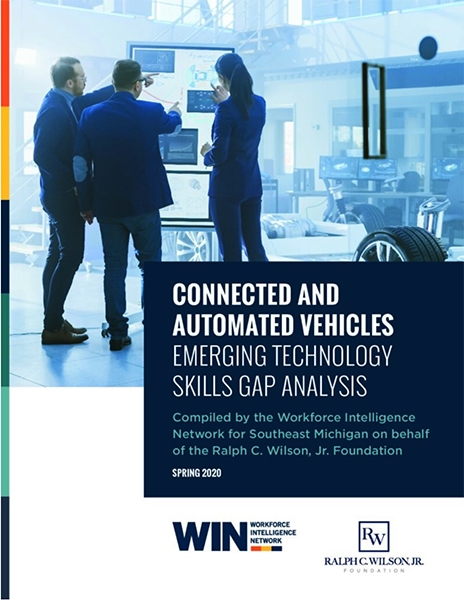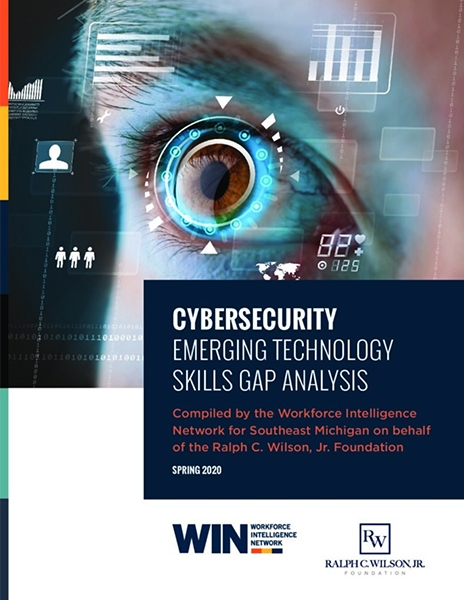Western New York and Southeast Michigan have rich industrial roots and working-class values. People in our regions know that a good job can change everything and that having one doesn’t always require a four-year college degree. However, with rapid technological change and the dynamics of a global economy, it is harder and harder to get a good job with only a high school diploma.
The Young Adults & Working Families strategy works to create pathways to middle-skill, middle wage jobs by equipping people with the technical and employability skills and knowledge relevant to in-demand jobs now and in the future. The Foundation partners with employers, education and training providers, and others to understand the current and future skills gaps in the system and support programs like best-in-class career technical education (CTE), apprenticeships, employer and industry sector collaboratives, and community colleges. We focus on four sectors that have the highest number of middle-skill, middle-wage job opportunities in our regions: advanced manufacturing, healthcare, information technology and the skilled trades.

This report is about state policy. It is a reflection on what we have learned from 25 years of researching and writing about the national and Michigan economies. And what we have learned from two long-term human capital development projects we were involved in: The Reducing Chronic Unemployment Initiative and the Michigan Future Schools High School Accelerator. Although both provided services exclusively to residents of the City of Detroit, we believe our learnings are applicable across the state.

This report is focused on connected and automated vehicles (CAV) and will analyze the current and emerging technology workforce in southeast Michigan. It examines occupations that are critical in developing CAV by analyzing data on the workforce’s employment trends, local demand, entry requirements, and regional specialties.

This report is focused on cybersecurity and will analyze the current and emerging technology workforce in southeast Michigan. Where appropriate, national comparisons are included as well. This report builds upon and updates the original Cybersecurity Skills Gap Analysis published by WIN in 2017 in connection with the Office of Economic Adjustment, Department of Defense